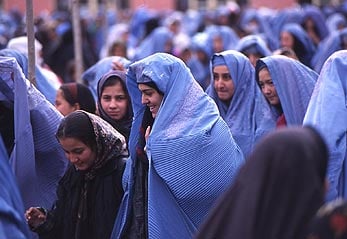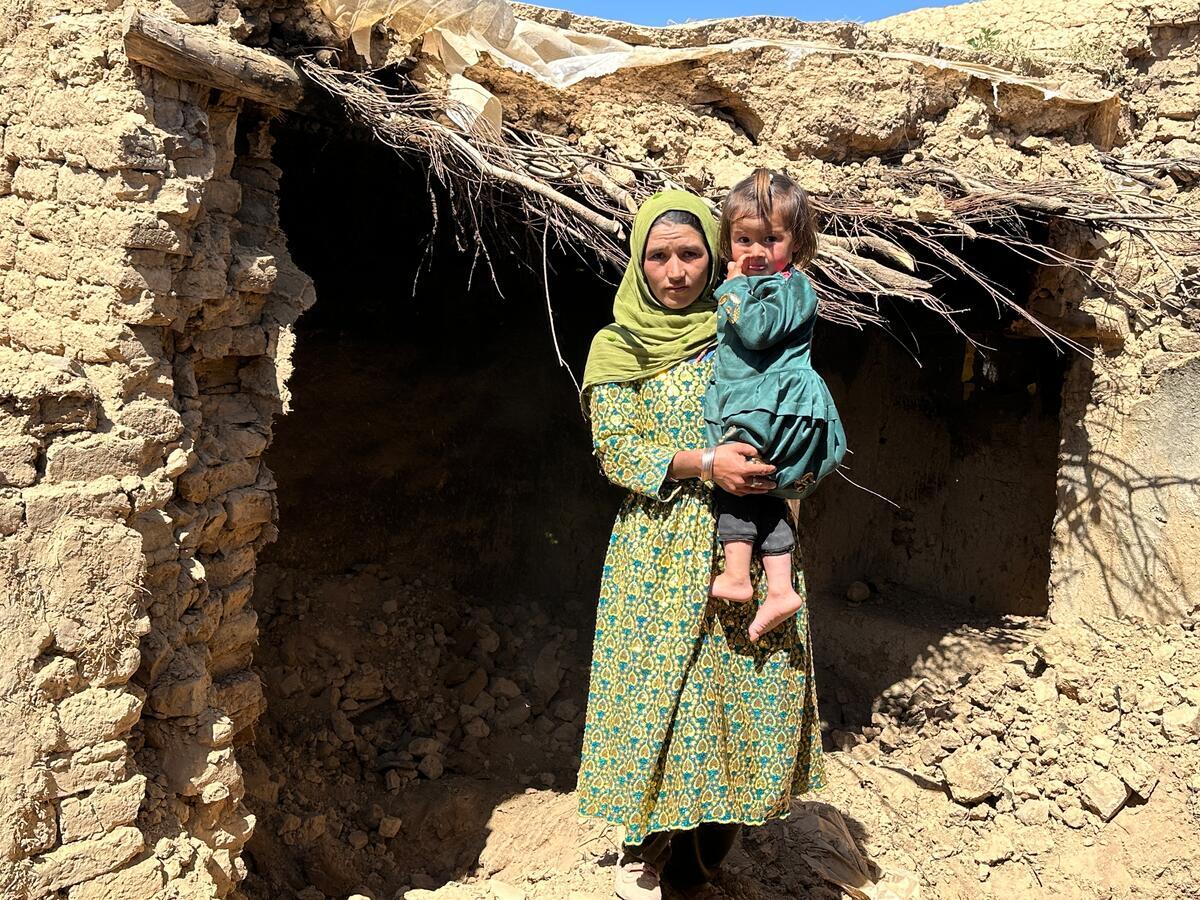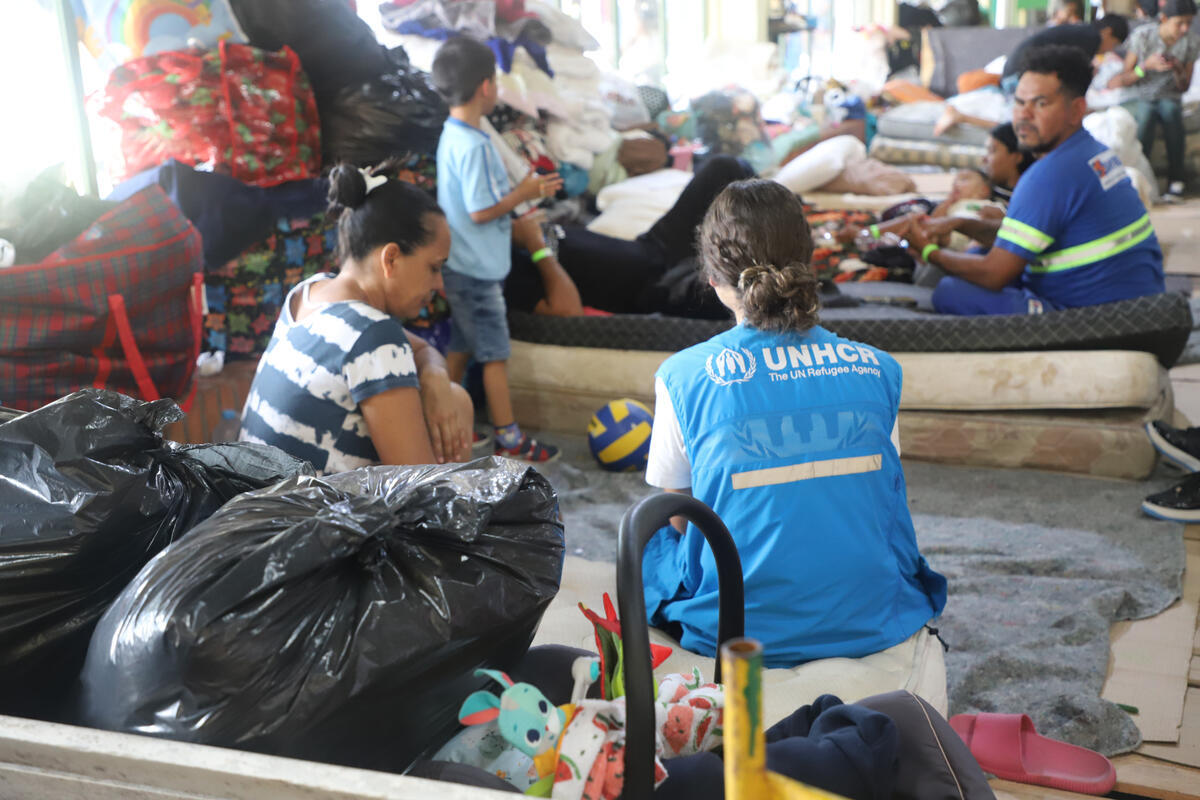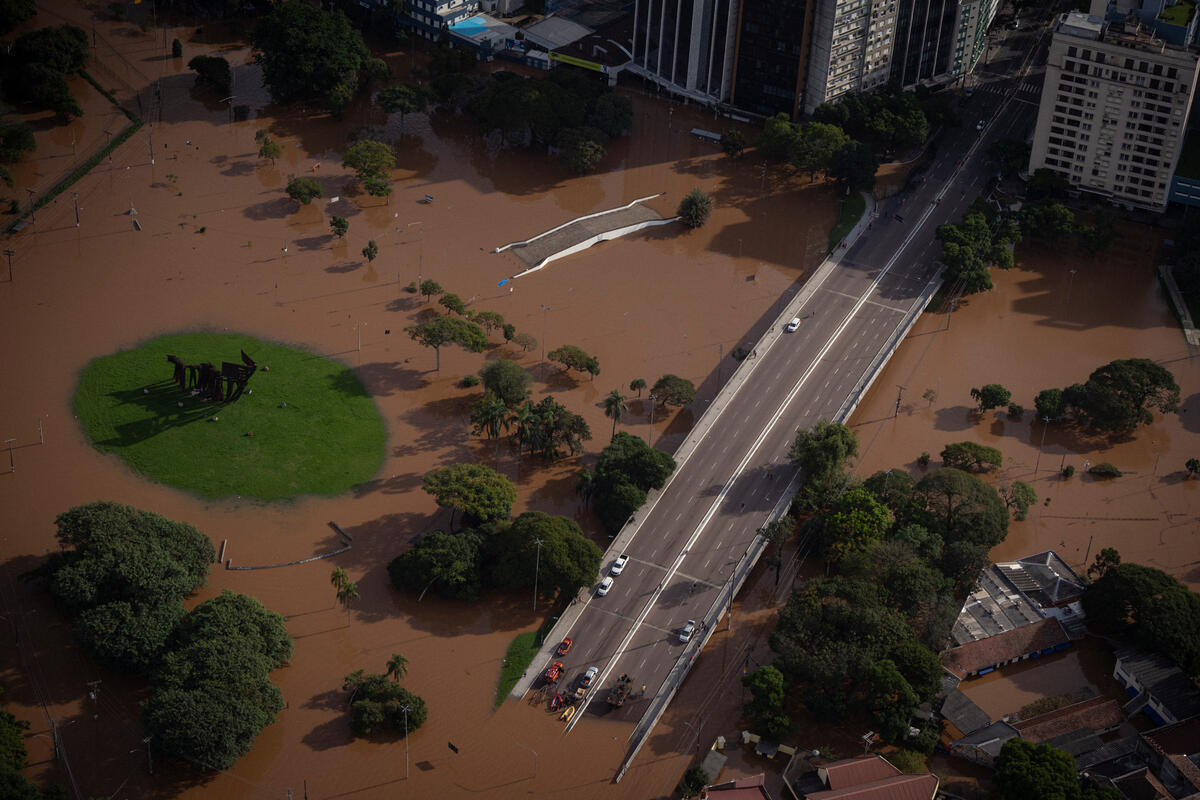UNHCR ups estimate for 2002 Afghan returns
UNHCR ups estimate for 2002 Afghan returns

GENEVA, June 7, (UNHCR) - As more than 100,000 Afghans returned to their homeland for the third straight week, pushing total returns since March to more than 915,000, the U.N. refugee agency announced that it expects that as many as 2 million Afghans could return this year.
With the number of Afghans back home from Pakistan already more than double the 400,000 initially anticipated, and with more on their way from Iran and the Central Asian states, UNHCR said Afghans are returning despite security problems, landmines and drought.
"Despite the precarious conditions inside Afghanistan, the repatriation is already the largest and fastest we've seen since the Iraqi Kurds returned home in 1991, surpassing even the massive 1999 return to Kosovo," spokesman Kris Janowski said.
The U.N. refugee agency is not encouraging refugees to return home, only assisting Afghans who have already up made their minds. UNHCR says that it is still too early for states to be pushing Afghans back.
UNHCR is worried that Afghanistan will not be able to absorb the high number of Afghan returnees following recent reductions in reintegration aid, food and transport assistance as a result of lagging donor support for relief agencies operating in war-ravaged country.
"The Afghans' enthusiasm has exceeded expectations, but in light of the declining pace of donor contributions, we fear that the sustainability of the refugees' return could be in jeopardy," Janowski said.
Already, Afghans returning from Pakistan have had to continue homewards with less aid than planned under the UNHCR/Afghanistan Interim Authority (AIA) initiative that started on March 1.
Food shortages mean that refugees returning to southern Afghanistan do not receive any aid, while people going back into eastern regions get only one-third the planned 150-kilogramme WFP wheat ration. Returnees do get vouchers so that they may later collect the missing rations. UNHCR has also had to reduce items in its family kits, or substitute some supplies for other goods.
UNHCR earlier this year estimated that it would need $271 million to help 800,000 Afghans returning mainly from Pakistan and Iran, and another 400,000 internally displaced persons (IDPs) that it planned to help home while caring for some 3.7 million Afghan refugees in neighbouring countries. Governments like Iran and Pakistan put their total Afghan population even higher.
Despite the unprecedented rate of returns, contributions for the humanitarian effort have been lagging. UNHCR has called on donors to provide the remaining nearly $90 million that it requires, while also supporting other relief partners and ensuring that development projects get off the ground.
Even before the UNHCR/AIA voluntary return programme kicked off, Afghans were returning spontaneously to their homeland, with some estimates putting the number of unassisted returnees at more than 200,000. Another more than 160,000 IDPs have been helped home by UNHCR and its partner agencies, with many more going back without assistance.
UNHCR plans this year to provide up to 96,000 shelter kits to returnee families. Trucks loaded with timber purchased from sustainable forests in South Africa and Tanzania began to arrive this week in Kabul, and UNHCR's partners are already identifying 30,000 of the neediest families to receive the first kits.
Janowski warned that without fresh contributions of relief aid, UNHCR may have to cut back on its assistance activities including transport and shelter.
"We may have to make some hard choices, including possibly reducing or even cutting assistance to future returnees," he said.








